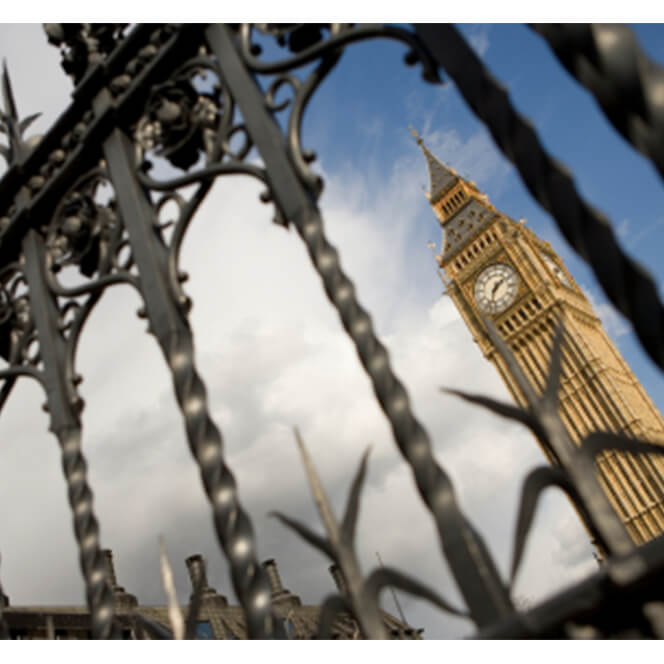One of the most striking features of the current pandemic has been the centrality of scientific experts. At the daily Downing Street Corona Briefing the mantra ‘led by the science’ is repeatedly used. This slogan is especially favoured by Health Secretary Matt Hancock but used regularly by all the politicians who speak to us from that lectern.
Scientists like Prof Chris Whitty and Sir Patrick Vallance, who, a few months ago, few of us had heard of, are now household names. Political and media discussions of the pandemic are framed by science. There are daily doses of graphs and bar charts. We all know what the ‘R’ value is now and understand the significance of it remaining below one. The aptly named ‘Sage’ (Scientific Advisory Group for Emergencies) informs and educates the public and shapes the ways in which we are encouraged to think and behave in relation to the pandemic.
This is in marked contrast to Brexit where ‘experts’ were notable by their absence and the debate seemed to be led by populist tendencies.
One of the most infamous assertions of the Brexit campaign was made by Gove when he declared that ‘we have had enough of experts’ (Financial Times, 3 June 2016). Gove later claimed that his remark was taken out of context. In the June 2016 interview, Gove, who denies he is a populist, nonetheless, urged the British voting public to become their own experts: ‘“I’m not asking the public to trust me. I’m asking them to trust themselves”.
The Brexit debate was driven by ideology and emotion – underpinned by a strong diet of catchy slogans about ‘taking back control’ and making Britain great again’ – largely attributed to Dominic Cummings, whose recent ‘do as I say, not as I do’ attitude reveals much about his own attitude to expert advice. The Brexit debates epitomised the resurgence of populism, the role of social media and so–called ‘post-truth’, in forging an environment of false equivalence where all opinions seem to be equally valid and those who shout the loudest are the most compelling.
The BBC news reports around the Brexit referendum in 2016, and the protracted debates throughout 2017-2019, seemed to rely most on the opinions of the ‘ordinary man/ woman’ in the street. Nightly news bulletins were not complete without the opinions of shoppers in Wigan or Walsall who were asked what they ‘feel’ about Brexit, the usual answer seemed to be that the politicians ‘should just get on with it’.
The issue with Brexit is that it falls within the political discourse of ‘jam tomorrow’. The impacts of leaving the EU would be felt not today but in the months and indeed years ahead. Thus, promises, including those plastered on big red buses, were easy to make. The current pandemic is the very antithesis of the ‘jam tomorrow’ scenario. In this fast moving situation, promises around PPE or testing had an urgency that meant failure to deliver was immediately apparent. The rising daily death toll especially in March and April forced politicians to deal with the minutia of the here and now rather than some idyllic promise of future greatness. This was undoubtedly a time to send for the experts.
We now have new slogans about ‘protect the NHS’, ‘stay at home’ and the less successful slogan ‘stay alert’. The success of the government and the experts in underlining the risks, and encouraging everyone to stay at home and social distance, is now apparent in the reluctance of some sections of the population to come out of lockdown. The very mixed reaction to the re-opening of schools in England shows that the government now has a challenge to encourage some people to believe it is safe to come back out of seclusion.
In contrast to Brexit where the public was encouraged to see themselves as experts, especially those who had voted to leave the EU, during the current situation the public voice has been relatively silenced. There has been little space for voices questioning the lockdown or pointing out that other countries such as Sweden and South Korea managed their responses to the virus very differently and with notably different outcomes.
‘Led by the science’ of course does not mean that there is one homogenous objective scientific voice. We have already seen differences and shifts in the expert advice – from ‘herd immunity’ to lockdown. Clearly, there is a need for balance, the role of rigorous scientific evidence is crucial but there is also a need to ensure we have space for discussion, debate and dissenting voices. Some critical sociological insights would be useful. Very few sociologists seem to have been heard in this current situation, Prof Robert Dingwall being a rare exception.
Although there is perhaps a tendency to believe, among some quarters of the population and the media, that Brexit is now done and dusted, the recent introduction of the Points Based Immigration System reminds us of some of challenges that lie ahead. The fact that the government has now decided, after years of lobbying, to drop the NHS surcharge for NHS migrant workers clearly illustrates the tensions between the eulogising of NHS ‘heroes’ on the one the hand and the demonization of migrants on the other hand.
Perhaps if the government, and the media, had listened to experts a little more during the protracted Brexit negotiations some of these tensions and contradictions could have been avoided.
Professor Louise Ryan is a Professorial Research Fellow in the Department of Sociological Studies at the University of Sheffield and BSA Vice Chair.


